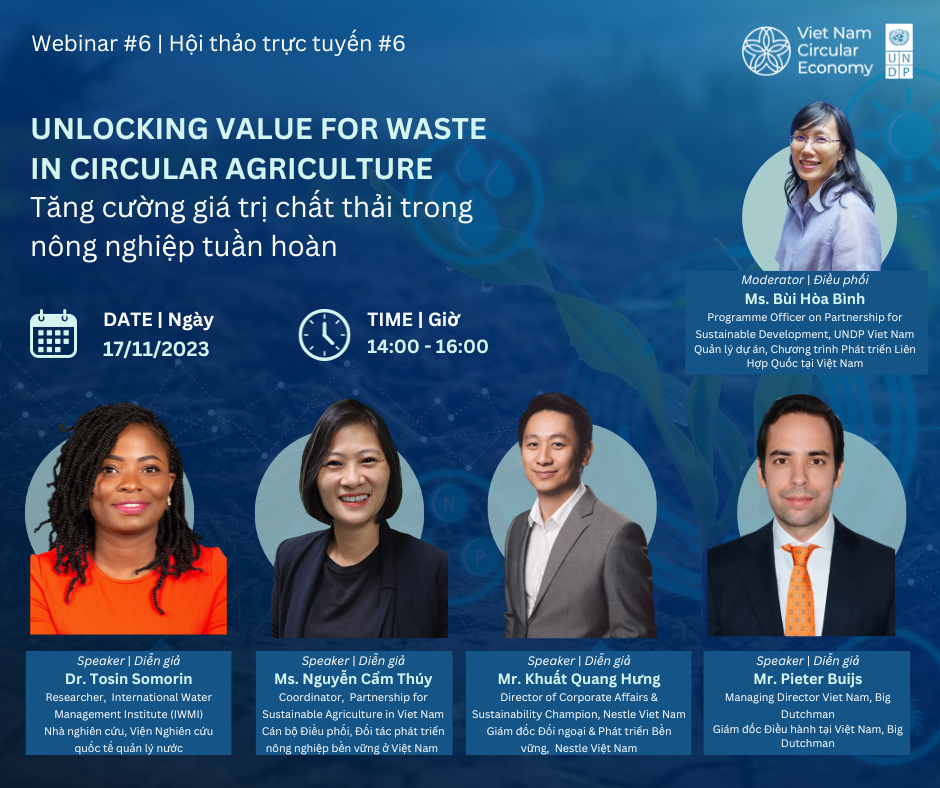Financing an inclusive circular economy: De-risking investments for circular business models and the SDGs – Chatham House
Chatham House, The Royal Institute of International Affairs, published the research paper on 19 July, 2021.
The circular economy is a key part of global efforts to meet the goals of the Paris Agreement. Circular economy activities aim to reduce overconsumption, design-out waste and restore and regenerate ecosystems and natural capital. However, new financial instruments and investments are needed to support the growth of these business models and innovations at scale.
With rising public awareness about the impacts of climate change around the world, financial institutions and investors are under mounting pressure to address sustainability concerns in their portfolios. One way to achieve this is through investments in projects that promote the development of the circular economy. In addition, circular economy investment can contribute to achieving several of the Sustainable Development Goals (SDGs), particularly SDG 12 (sustainable consumption and production).
From a government perspective, policy instruments are key to de-risking and incentivizing financial investments in circular models. This paper makes the case for integrating the circular economy more directly into public investment and stimulus packages.












